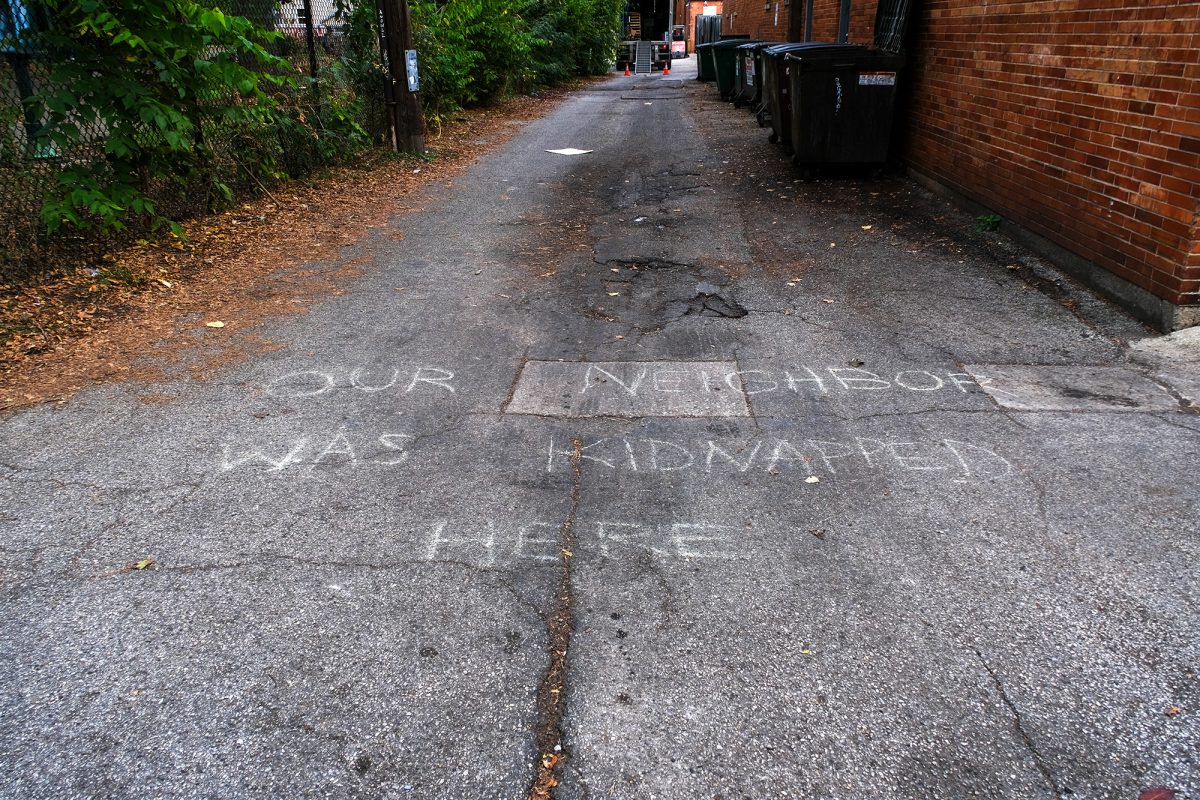Students will have one more place to turn for help this fall as the University launches 834-HELP, a phone line and Web site designed to provide easy access to support services. Both offer menus listing how to access services that students may not be comfortable asking about or know where to find.
“We tried to find a way to consolidate those numbers that we think are very important for students to be able to access,” said Sheila Yarbrough, associate dean of student affairs in the office of the vice president and dean of students in the University.
Students calling 834-HELP will reach a categorized voice menu listing how to reach particular resources. For example, the listing of medical resources includes the phone numbers for the University’s physician-on-call and student care center and how to reach the Mitchell Hospital emergency room. The Web site, http://help.uchicago.edu, features the same menus as well as links to online resources. The service also provides access to agencies outside the University such as 24-hour suicide and domestic violence hotlines and the Chicago Rape Crisis Center. “We tried to create a menu system that would be user-friendly,” Yarbrough said. “This is one of the first times we’ve tried to pull together this contact information.”
834-HELP is designed to fill the void left when the student hotline Niteline was shut down two years ago. Niteline was staffed by specially trained anonymous student volunteers who frequently referred students to professional resources such as the Student Counseling and Resource Center (SCRC) as well as identified where one could order pizza in Hyde Park. The administrative decision to shut down Niteline was strongly criticized by its volunteers, the Inter-House Council, and others across campus.
According to former dean of students in the University Margo Marshak, Niteline was shut down because it crossed the line of propriety. Adminstrators felt that the hotline represented itself as a counseling service, which student volunteers shouldn’t provide.
A committee of former Niteline staff members, advisors, and other administrators was then formed to address providing Niteline’s benefits without a student-staffed hotline. A second committee, the Campus Resources and Education Committee (CREC), eventually began working on what has become 834-HELP.
University administrators remain uncomfortable with the prospect of a peer-to-peer resource such as Niteline. “We still believe that we want to provide students direct access to professional resources and that this is the best mechanism to use at this point,” said Bill Michel, assistant vice president for student life and associate dean of the College.
While Michel admits that the voicemail system does not provide students with direct access to someone who can help, he maintains that it will prove a quick resource access point for students who don’t know where to turn. Ruthie Hansen, the assistant resident head of Michelson House, agrees. “The university isn’t creating a new service, they’re just making information about what services already exist more available, and I can’t see how more widely available information could possibly be a bad thing,” she said.
Part of the success of the hotline and the Web site will hinge on students’ ability to remember that they exist. Yarbrough will speak with undergraduate Orientation Aides about 834-HELP, and all incoming students will receive fliers about the service. In a throwback to Niteline’s former presence on campus, cups are being printed with the number and Web address. “We thought it would be a good idea to keep a number students were familiar with,” Yarbrough said.








